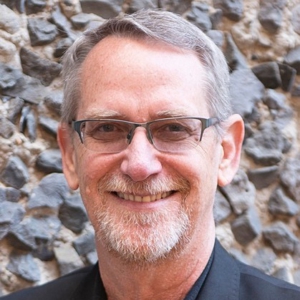COVID-19 DAY SPEAKERS
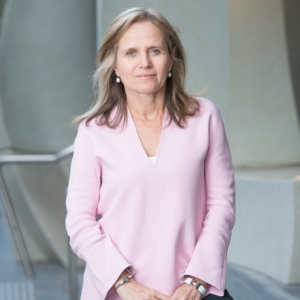
Conference Convenor – Professor Sharon Lewin AO, FRACP, PhD, FAHMS
Sharon Lewin is the director of the Peter Doherty Institute for Infection and Immunity. She is an infectious diseases physician and basic scientist. Her research focuses on understanding why HIV persists and finding a cure for HIV infection. She has played a major leadership role in the COVID-19 response in Australia.

Conference Convenor – Edwina Wright AM, Alfred Hospital, Monash Central Clinical School, Monash University
Associate Professor Edwina Wright is an infectious diseases physician who specialises in HIV Medicine and HIV Clinical Research in the Department of Infectious Diseases, Alfred Hospital, Monash Central Clinical School. She is also Honorary Principal Fellow and Co-Head HIV Elimination Program, Burnet Institute and Honorary Associate Professor, Peter Doherty Institute for Infection and Immunity. Dr Wright is a past President of ASHM. Dr Wright’s clinical research interests include HIV prevention involving pre-exposure prophylaxis (PrEP) and early HIV treatment, HIV cure and HIV- associated neurological disorders.

Jennifer Juno, University of Melbourne
Dr. Jennifer Juno is a T cell immunologist with an interest in viral and chronic infectious diseases. She completed her PhD in HIV immunology in 2014 at the University of Manitoba in Canada, where she defined the impact of HIV disease progression on unconventional T cells. She expanded this work into studies of HIV/TB co-infection during a post-doctoral fellowship with the Public Health Agency of Canada. In 2016, she moved to Melbourne, Australia where she has developed an interest in understanding how T follicular helper cells can influence serological responses to vaccination and infection. Many of her studies focus on influenza vaccines, and more recently, SARS-CoV-2. She has received numerous fellowships including a Canadian Institutes of Health Research post-doctoral fellowship and a NHMRC Early Career Fellowship.
Dr Kari Lancaster, UNSW
Dr Kari Lancaster is a Scientia Senior Research Fellow at the Centre for Social Research in Health at UNSW, and an Honorary Associate Professor at the London School of Hygiene and Tropical Medicine. Working at the intersection of Science and Technology Studies (STS), policy studies, and public health sociology, Kari leads a program of qualitative research focused on the development of critical approaches to the study of evidence-making practices, implementation science and intervention translations in health, especially in relation to drugs, hepatitis C, and Covid-19.

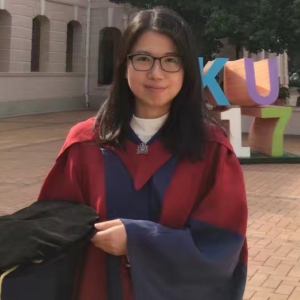
Kathy Leung, University of Hong Kong
Kathy Leung is currently an Assistant Professor from School of Public Health, The University of Hong Kong. She is a member of HKU’s COVID-19 Response Team and has contributed to the earliest studies about COVID-19 epidemiology. Kathy is interested in mathematical modelling of a wide range of diseases such as influenza, MERS, COVID-19, hand-foot-and-mouth disease, HPV, cervical cancer, colorectal cancer, and breast cancer. She also conducts epidemiological and economic evaluations of disease intervention strategies, such as HMFD vaccination, public health and social measures against COVID-19, and risk-based breast cancer screening.
Professor Deborah Lupton, UNSW
Deborah Lupton is SHARP Professor in the Faculty of Arts & Social Sciences, UNSW Sydney, working in the Centre for Social Research in Health and the Social Policy Research Centre and leading the Vitalities Lab. Her research is interdisciplinary, spanning sociology and media and cultural studies. She is the author/co-author of 19 books, including Data Selves (2019), The Face Mask in COVID Times (2021) and COVID Societies: Theorising the Coronavirus Crisis (forthcoming). She has also edited/co-edited a further nine books and published over 200 peer-reviewed journal articles and book chapters. Lupton is Leader of the UNSW Node of the Australian Research Council Centre of Excellence for Automated Decision-Making + Society. She is an elected Fellow of the Academy of the Social Sciences in Australia and holds an Honorary Doctor of Social Science degree awarded by the University of Copenhagen.


Professor Gail Matthews, St Vincent’s Hospital
Professor Gail Matthews is Head of Infectious Diseases at St Vincent’s Hospital as well as Head of the Therapeutic Vaccine and Research Program at the Kirby Institute, UNSW. She has a strong background in HIV, viral hepatitis and strategic therapeutic clinical trials, and holds an NHMRC Fellowship, as well as being a UNSW Scientia Fellow. She established the long term COVID-19 follow-up study (ADAPT) at St Vincent’s Hospital.
Dr Dean Murphy, Alfred Hospital
Dean Murphy is a Research Fellow from the Department of Infectious Diseases, Alfred Hospital, and the Kirby Institute, UNSW. His work focuses on the use of HIV biomedical prevention technologies, understandings of HIV diagnosis, experiences of sexual health and well-being, and LGBTQ drug consumption. His book, Gay Men Pursuing Parenthood Through Surrogacy: Reconfiguring Kinship, was published in 2015.

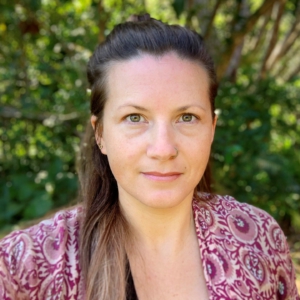
Mirabai Nicholson-McKellar
37 year old filmmaker and beekeeper living with long Covid.
Dr Kiran Pienaar, Lecturer in Sociology School of Humanities and Social Sciences, Deakin University
Dr Kiran Pienaar is a lecturer in Sociology at Deakin University. Kiran’s research explores connections between health, gender, sexuality and the body, with a particular interest in drug consumption and sexual cultures, and social studies of HIV. She has published on topics related to the biopolitics of HIV; drugs, addiction and the self; and drug experiences in LGBTQ cultures. She is the author of Politics in the Making of HIV/AIDS in South Africa (2016).
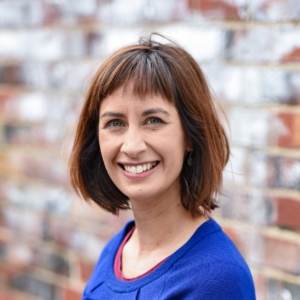
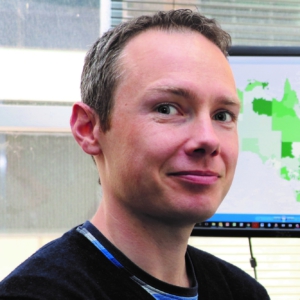
Dr Nick Scott, Burnet Institute
Dr Nick Scott is Head of Modelling & Biostatistics at the Burnet Institute. He has a PhD in mathematics and uses mathematical, economic and statistical models to inform public health policy in order to better target health interventions among vulnerable populations. His work generates evidence for governments and global agencies on how responses to infectious diseases and global health issues can be optimised.
Ole Schmeltz Søgaard, Aarhus University
Dr. Søgaard is an infectious disease physician and a professor at Aarhus University Hospital, Denmark. After receiving his PhD in HIV epidemiology in 2011, he transitioned his research focus to experimental research in virus infections. In 2015-2016, Dr. Søgaard was a visiting researcher in the Nussenzweig Laboratory of Molecular Immunology at The Rockefeller University, New York. As a physician-scientist with extensive training both in basic science immunology/virology and clinical medicine, his research has mainly been focused on the understanding of virus pathogenesis and persistence, including clinical investigations into immune modulation therapies, broadly neutralizing antibodies, and reversal of HIV-1 latency.

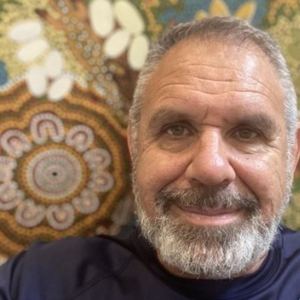
Professor James Ward, Director, Poche Centre for Indigenous Health
Professor James Ward is a Pitjantjatjara and Nukunu man, an infectious diseases epidemiologist and a national leader in Aboriginal and Torres Strait Islander research. He is currently the Director of the Poche Centre for Indigenous Health at The University of Queensland.

Professor Steve Webb MBBS, MPH, PhD, FRACP, FCICM, FAAHMS
Dr Steve Webb is an ICU specialist at Royal Perth Hospital, a Professor of Critical Care Research at Monash University, Director of Clinical Trials at St John of God Subiaco, and Chair of the Australian Clinical Trials Alliance. He has been an investigator on trials with an accumulated sample size of more than 50,000 patients and has published more than 200 manuscripts including in the NEJM (9), JAMA (5), and The Lancet (2).
Paul Young, B.Sc (Hons), PhD (London), FAHMS, FASM
Paul Young is Professor of Virology and Head of the School of Chemistry & Molecular Biosciences at The University of Queensland, Brisbane, Australia. He gained his PhD from the London School of Hygiene & Tropical Medicine and joined the University of Queensland in 1991. His research aims to understand the molecular basis of virus induced disease, develop new and improved diagnostics as well as vaccine and therapeutic control strategies for a number of viral pathogens of both human and animal origin. Prof Young is Chair of the Virology Division of the International Union of Microbiological Societies and has been the President of the Australian Society for Microbiology (2012-2014), the Australasian Virology Society (2001-2011) and the Asia-Pacific Society for Medical Virology (2012-2015).
